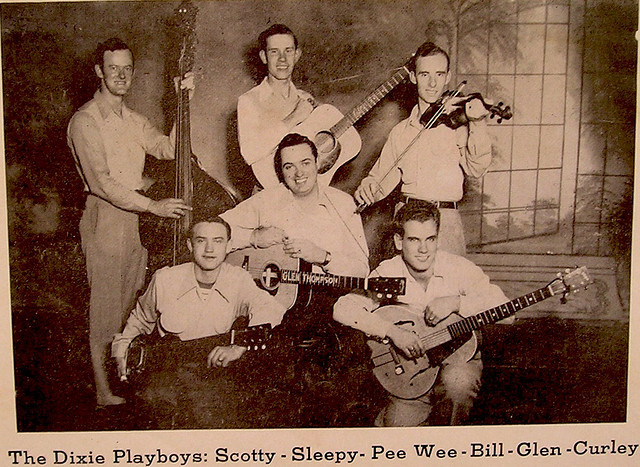Still Watching is a weekly examination of old TV shows or films.
This week, thanks to Netflix, I had the pleasure of watching an old favorite: Peter Weir’s Gallipoli. It had been years since I had seen it, and it held up well. If you have never experienced this film, or known of the World War I campaign for which the film is named, I recommend you do. The campaign was waged on the Gallipoli Peninsula, a part of the Ottoman Empire, where the United Kingdom, Australia and their allies were fighting to gain control of Constantinople. It was a brutal, futile failure, with immense numbers of casualties on both sides. Why, you may ask, would anyone want to watch another depressing war movie? Simply put, Gallipoli is a brilliant story beautifully told.
Australian filmmaker Peter Weir (Witness, Dead Poets Society, The Truman Show, Master and Commander) created and directed this story about promise, innocence, friendship, and the loss of all of it. Mel Gibson and Mark Lee star as the young Aussies, whose speed in running has given them some notoriety. Lee plays idealistic Archy, yearning to help defeat the Turks, and do his part in a cause in which he believes. Gibson plays the larrikin, an Australian term for a rogue, who finds a kind of redemption in his friendship with Archy.
Audiences of 2011 might call this movie slow, but it is well worth the time it takes to tell its story. Pacing in film is crucial, and playing with time is one way a filmmaker can bring it to the attention of the audience. Weir does just that, and by the end of Gallipoli, we are all hoping for just a little more of it.
Spoilers Ahead
The poster image is the last image in the film, a freeze frame which lasts for several seconds, of Archy being shot as he runs weaponless across the battlefield. It calls to mind a similar shot from earlier, as he crossed the finished line and broke the winner’s tape to win his medal. The shot makes us question our ideas of glory, honor, and competition, and how war can play on these longings, sending us into killing fields where we should, perhaps, not be.
Don’t get me wrong. I am a firm believer in the fact that sometimes you have to stand up for what is right, even if it means death. But we should choose our hills to die on carefully, and enter into that territory realistically, not idealistically. And this advice comes from a die-hard romantic. I believe it comes from Gallipoli, too.











